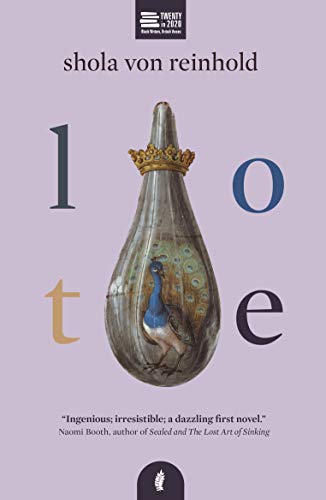I’ll admit that I’ve never quite understood the draw of a character who one “loves to hate,” and I’m even more baffled by a character who one “hates to hate” as I did the protagonist of Tangerine Twist. Willing to give virtually anyone a pass for their idiosyncrasies, poor judgement or blatant stupidity, I found it difficult to empathize with the self-absorbed Becca James as she forges ahead on a journey that would have been harrowing and perhaps even poignant if not for her schmaltz and theatrics.
Covering the musicians’ smoke breaks at the local pub where she waits tables, Becca dreams of becoming an accomplished musician herself. With her guitar, Tangerine Twist, slung about her, she keeps her dream alive alongside the memory of her grandfather, who nurtured her aspirations and helped to hone her skills as she plucked the strings of his upright bass when she was a young girl. Yet, since forgetting the lyrics while performing at her grandfather’s funeral, she lacks confidence, which prevents her from coming into her own — both as a musician, always settling for the backup role, and as a woman, puppy-dogging after her lover. This dynamic is witnessed time and time again after she stumbles upon her big break as part of a sizzling hot female duo, for it is her partner, Kara, who commands the stage just as she does Becca’s every insecurity and desire.
Drawn to Kara from the first glance, Becca proves utterly incapable of resisting her allure, the shape of her lips and penchant for the wild side. Given that her relationship with the sweet and wholesome Kelly Copeland has grown a bit stagnant, she barely gives a second thought to her neglect of what truly matters up to the point that Kelly sets her free. Even then, Becca doesn’t view the breakup as a wake-up call but as an excuse to dive headfirst into the dangerous waters of Kara’s reckless lifestyle.
Embracing her new-found freedom and professional success while succumbing to Kara’s naughty-girl influence, Becca adopts a persona that leaves those who care about her angry, hurt and frustrated with the person she has become. However, Becca sees no validity to their concerns until she awakens one morning amid rather sordid circumstances well outside the realm of who she knows herself to be.
There is nothing within me that cares to wax moralistic regarding Becca’s choices or Kara’s propensity for edginess; and, I was pleased to see the author assume a similar stance. On more than one occasion, Carr makes a point of mentioning that her characters, specifically Kara and Kelly, are simply being who they are and that the real issue is that Becca has yet to find herself. Thus, at the end of the day, Tangerine Twist is a story about the cultivation of self-awareness and the courage to live one’s truth.
Although well-written overall, I found specific passages to be rather clumsy. It seemed at times that Carr was attempting to be more literary than was natural or appropriate. On one occasion, she describes Kelly’s hair as “shining just like ice.” At another point, the exposed stuffing from Becca’s bulging couch cushions looks “like an unkempt beard lacking the melanin of youth.” Then, there is the mechanic whose smile is “as clean as freshly laundered sheets.” The use of simile, as exemplified above, came across as awkward and detracted from the story itself. In the same vein, I would have done anything for Becca’s guitar to be named something other than Tangerine Twist. It just didn’t work for me.
Had Becca been a more likeable character, I wouldn’t have had the slightest reservation in touting Tangerine Twist as a truly outstanding work of LGBT fiction. Sadly, she wasn’t presented in a manner such that empathy could arise. She simply felt like that high-maintenance, high-drama friend who we all try desperately to avoid. Nevertheless, a part of me wonders if it isn’t the mirroring of the ugliest parts of our nature that incites our aversion to Becca, leaving us to seek redemption, just as she does, in uncovering our most genuine sense of self.


